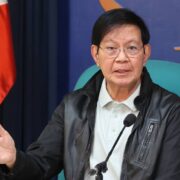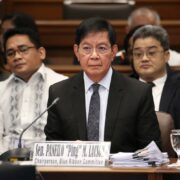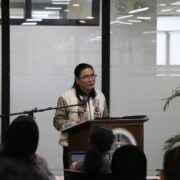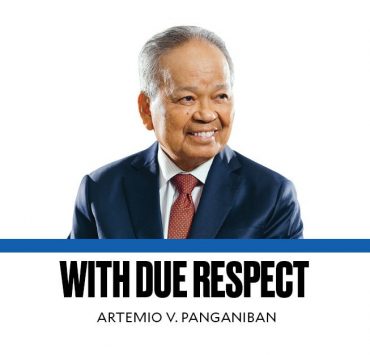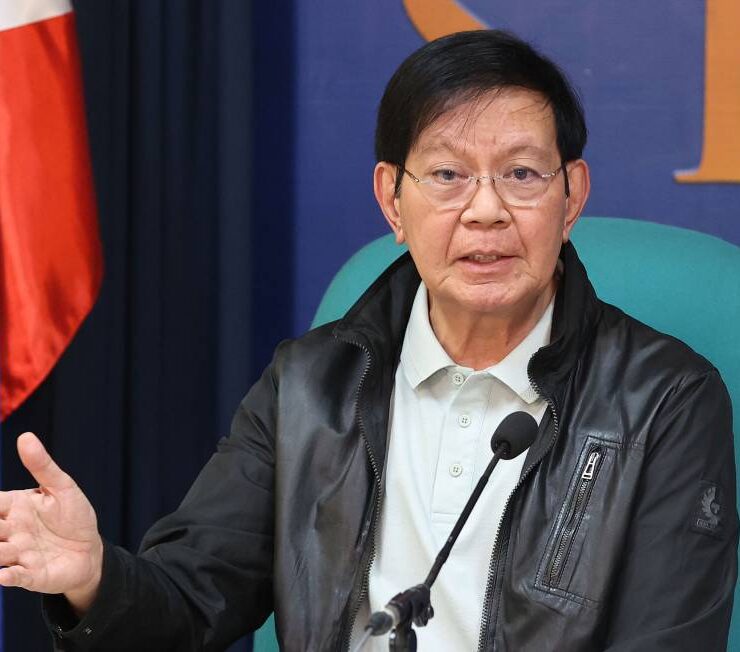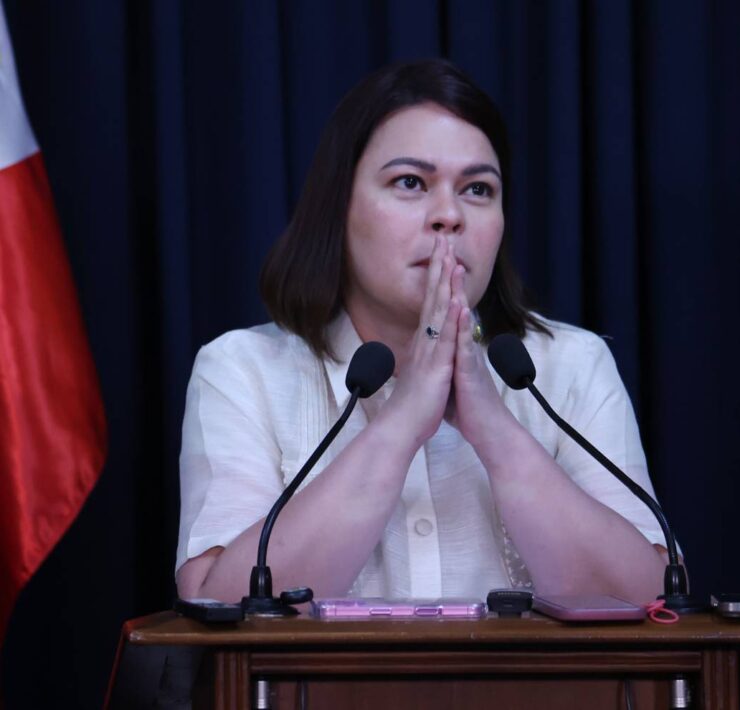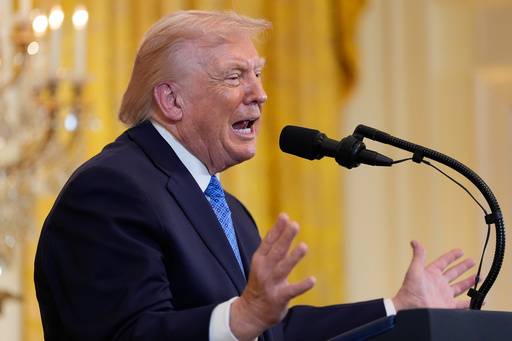Bigger problems in 2025 budget
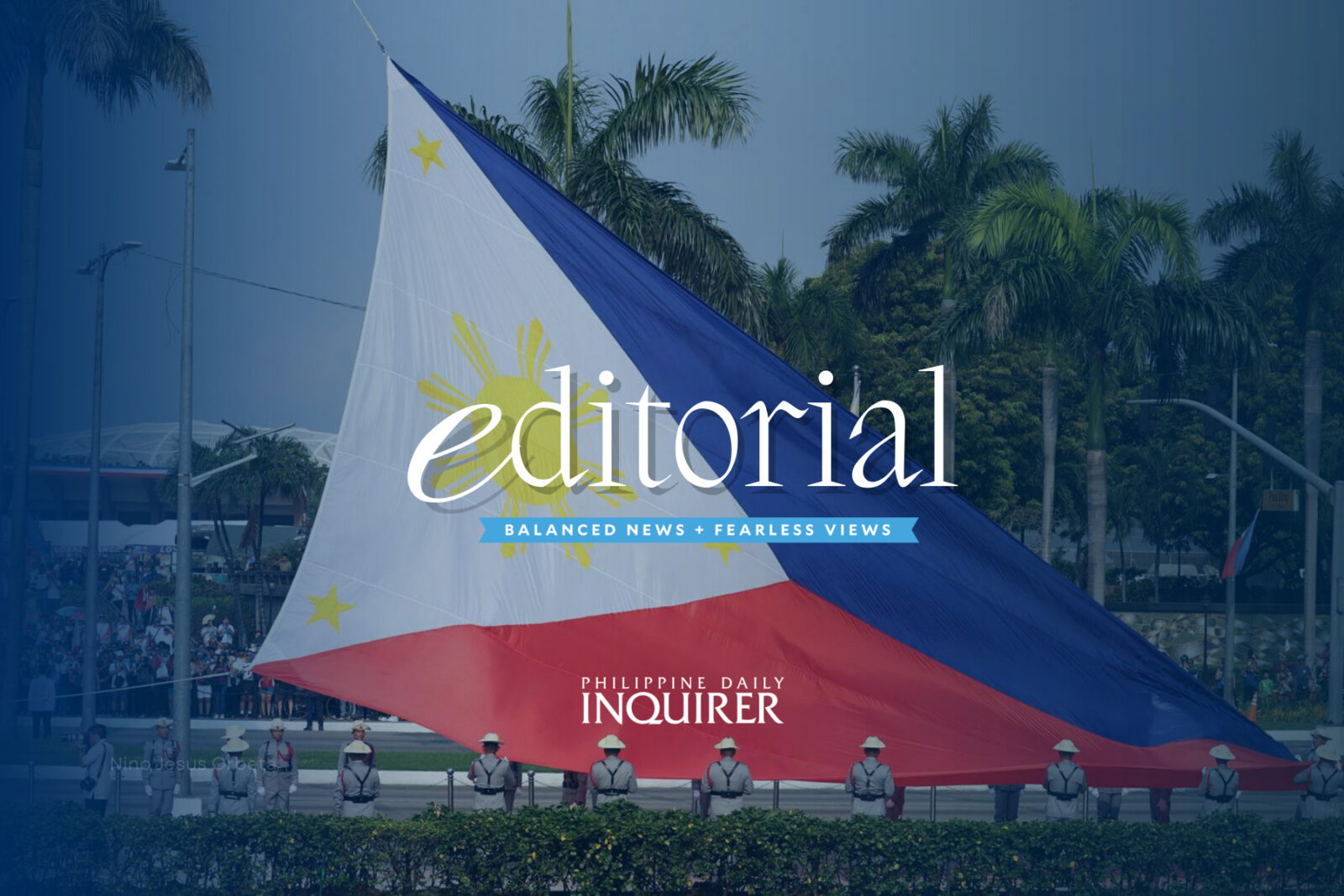
What’s so difficult about resolving this dragging furor over the alleged blank items in the congressional bicameral report on Republic Act No. 12116, or the General Appropriations Act (GAA) of 2025?
Former president Rodrigo Duterte insists that the P6.326-trillion national budget for 2025 is invalid, based on the claim of his ally Davao City Rep. Isidro Ungab that the bicam report, which served as the basis for the GAA, had blank items in it. Calling his predecessor a liar, President Marcos challenged his critics to check the GAA on the website of the Department of Budget and Management if there were indeed blank items in it. Senate President Francis “Chiz” Escudero also denied Duterte’s claims, pointing out that there were no blank spaces in the bicam report that he signed. But Sen. Imee Marcos, the president’s elder sister, said the presence of blank items in the bicam report was one of the reasons she did not sign it.
Senate Deputy Minority Leader Risa Hontiveros, who did not sign the bicam report nor voted for its ratification because of objectionable cuts to education programs and the defunding of the Philippine Health Insurance Corp.’s (PhilHealth), however, said she did not see any blank lines in the working drafts of the measure.
The simple solution to resolving this controversy, as former senator Panfilo Lacson suggested, is to compare the bicam report ratified by both houses of Congress and the enrolled bill that was printed by the House of Representatives and submitted to Mr. Marcos for signing into law.
Election budget
Only such an exercise will clear this “he said, she said” situation and end this brouhaha. Lawmakers and the executive branch can then focus on the more pressing and substantial issues surrounding the 2025 national budget.
On Jan. 31, members of the Clergy and Citizens for Good Governance (CCGG) have scheduled an “indignation concert and rally” at the Edsa Shrine to show their dissatisfaction with the 2025 GAA, which they branded as an “election budget and the worst budget in Philippine history.” CCGG claims the rally is backed by 12 Catholic bishops, three evangelical bishops and 230 priests, as well as “hundreds of military and uniformed personnel,” and 54 other civil society groups and youth organizations. Expected to attend are retired Supreme Court senior associate Justice Antonio Carpio, former information and communications technology undersecretary Eliseo Rio Jr., former presidential adviser Ronald Llamas, former finance undersecretary Cielo Magno, and former commission on audit commissioner Heidi Mendoza.
Riddled with pork
“The main issue of the rally is the 2025 GAA, which is riddled with pork barrel, the zero subsidy for PhilHealth, and zero budget for DepEd’s (Department of Education) computerization program,” Carpio said in a radio interview.
In a statement posted on social media, CCGG said it rejects the 2025 national budget because it allegedly promotes the interests of politicians and betrays the welfare of the Filipino people. It cited the defunding of PhilHealth purportedly to force Filipinos to beg for financial medical assistance from politicians; the slashing of the budget of the Pantawid Pamilyang Pilipino Program assistance project in favor of “ayuda” politics; the reduction in the budget for public transportation and the deprioritization of the Armed Forces of the Philippines modernization program, as well as the defunding of priority infrastructure projects and the placing the money under unprogrammed appropriations. The group said the GAA also undermined education by reducing the budget for many of its programs. All these, it argued, resulted in a violation of the Constitution that mandates the primacy of education in favor of pork barrel under the guise of critical public works projects.
A people’s budget
In the statement, CCGG called on the Supreme Court to rule on the constitutionality of the 2025 GAA; on Congress to repeal it and to rectify its flaws and enact a people’s budget by strengthening education, public health, and critical infrastructures, and defunding noncritical public works projects that promote corruption among politicians.
All these problems hounding the 2025 national budget really boil down to one issue: transparency. As CCGG sums it: “We call for genuine transparency, full disclosure and accountability in all public acts on budget legislation, specifically the acts of the bicameral conference committee, and the utilization by the government.” It is thus imperative, and it is never too late, for the government—the executive and the legislative branches in particular—to ensure complete transparency in the entire budget process, starting from its crafting by the executive, the hearings in Congress, the reconciliation of differences in the Senate and House versions at the bicam panel, the ratification of the committee report and all the way to its eventual signing into law. The Filipino people deserve nothing less.




